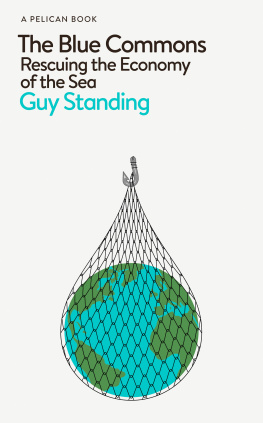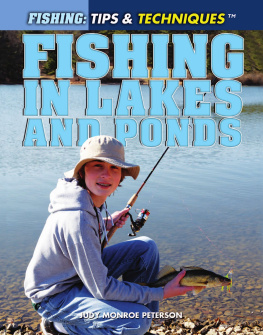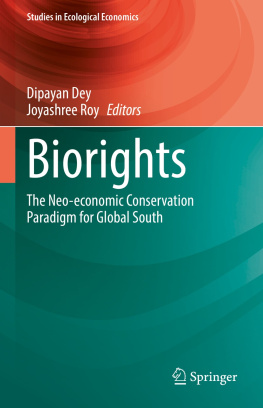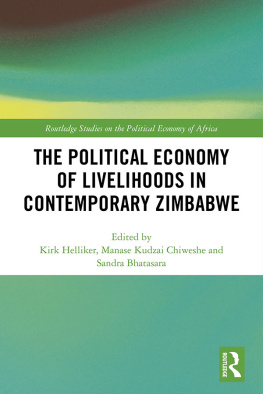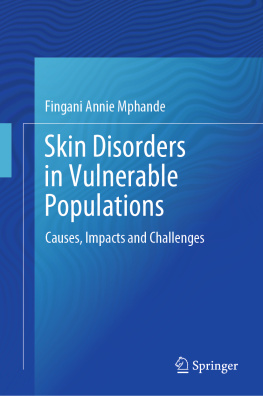Soumen Ray - Chilika
Here you can read online Soumen Ray - Chilika full text of the book (entire story) in english for free. Download pdf and epub, get meaning, cover and reviews about this ebook. year: 2021, publisher: Routledge, genre: Politics. Description of the work, (preface) as well as reviews are available. Best literature library LitArk.com created for fans of good reading and offers a wide selection of genres:
Romance novel
Science fiction
Adventure
Detective
Science
History
Home and family
Prose
Art
Politics
Computer
Non-fiction
Religion
Business
Children
Humor
Choose a favorite category and find really read worthwhile books. Enjoy immersion in the world of imagination, feel the emotions of the characters or learn something new for yourself, make an fascinating discovery.

- Book:Chilika
- Author:
- Publisher:Routledge
- Genre:
- Year:2021
- Rating:3 / 5
- Favourites:Add to favourites
- Your mark:
Chilika: summary, description and annotation
We offer to read an annotation, description, summary or preface (depends on what the author of the book "Chilika" wrote himself). If you haven't found the necessary information about the book — write in the comments, we will try to find it.
From Chilika, Indias largest coastal lake, the echoes of poetry, the reflections of festive lamps, its ever-present turmoil and biodiverse bounty have come together to portray livelihoods and lives, half full and half empty. After a broad conceptual framework about fish, fishery and fishing livelihoods, this book has explicitly focused on the lakes ecosystem in Odisha and sustainability in fishing communities. The voices of the fishers have lent credence to the socio-cultural belief systems, right of commons, and disputes over conservation at individual and community levels. The volatility over the common user rights is underscored by lack of protection to the locals, absence of guiding principles, and powerful usurpers. The disruption of livelihoods through insufficient economic support is underlined by the lack of viable, equitable and regulated credit structures in the region. Issues of mechanization, ecological hazards, adverse impact of climate change and environmental degradation are explained through their own bearing on bionomic and traditional livelihood disruptions, and in-situ footprints on common property resources. In the final countdown, the sustained coexistence of Chilika lake and its varied community is narrated through an integrated socio-economic lens that accommodates extant challenges into its field of vision.
This book is co-published with Aakar Books, New Delhi. Taylor & Francis does not sell or distribute the print versions of this book in India, Pakistan, Nepal, Bhutan, Bangladesh and Sri Lanka.
Soumen Ray: author's other books
Who wrote Chilika? Find out the surname, the name of the author of the book and a list of all author's works by series.

